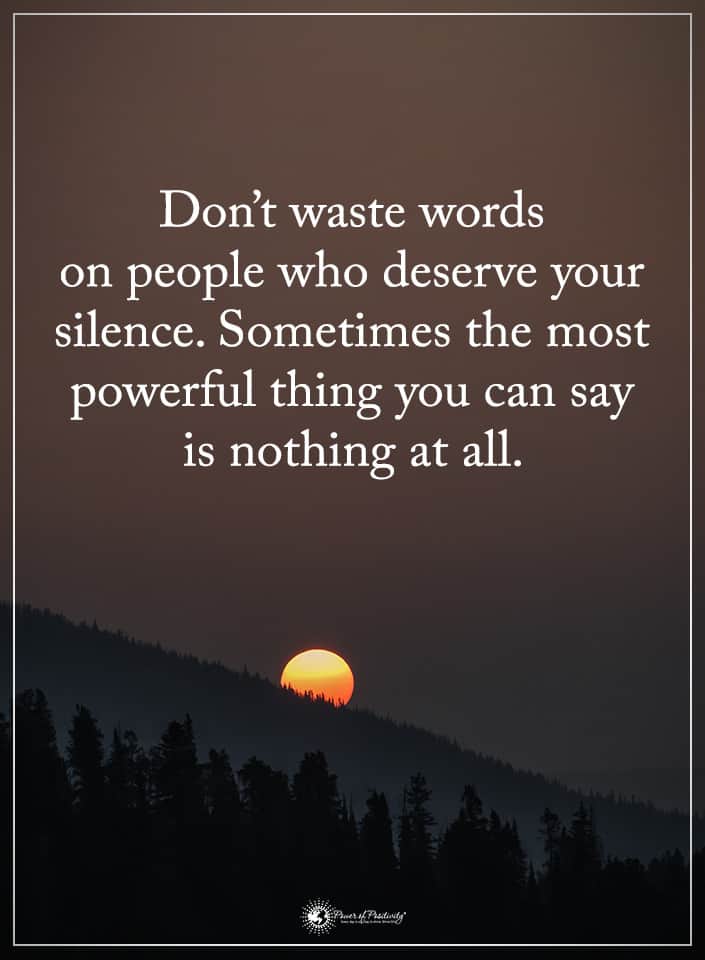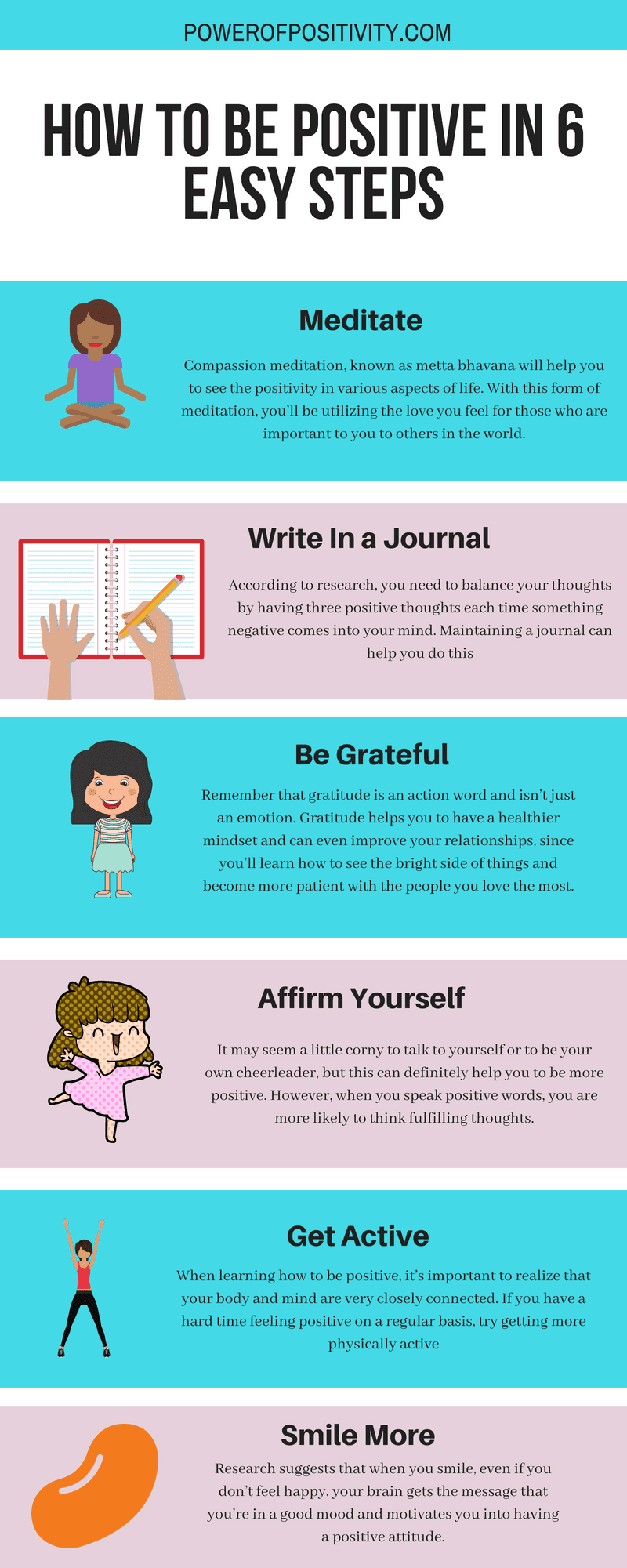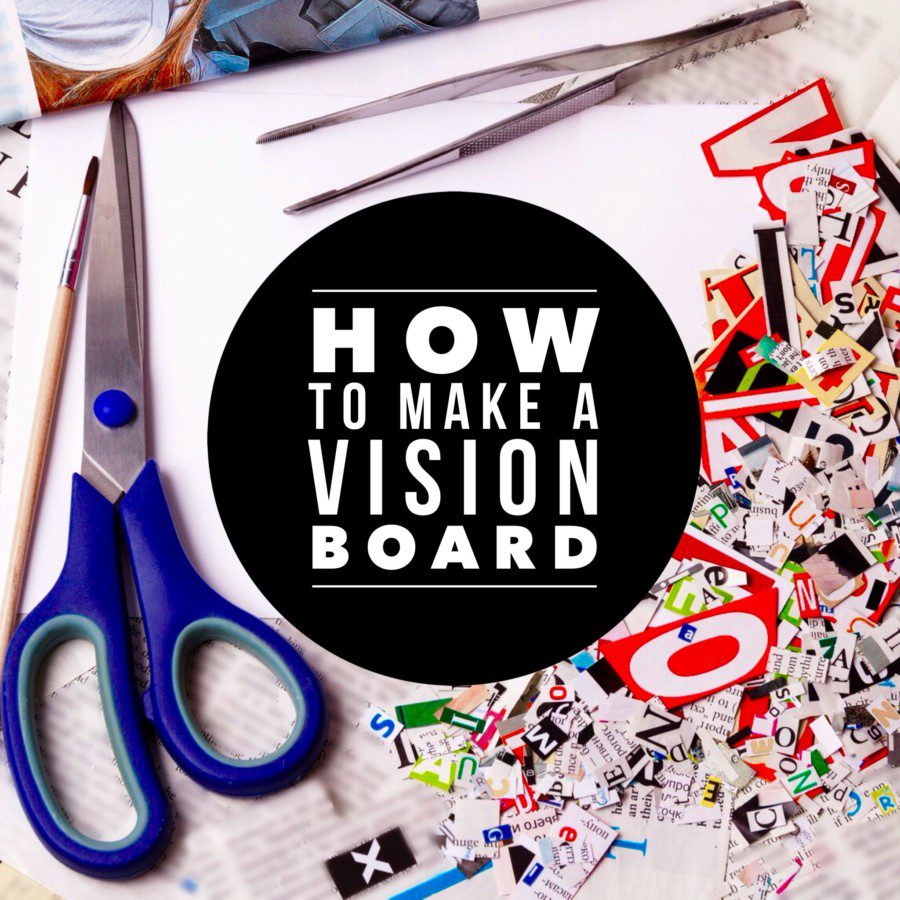It’s hard to believe there is someone out there that hasn’t dealt with an irrational person and even been irrational themselves. When we are irrational, there are usually other things in play behind the scenes. Irrational behavior happens when we’ve reached the tipping point, and we have to just let it out.
Even though we all experience our version of irrational behavior from time to time and it is understandable, it doesn’t make it easy to deal with someone who is acting irrationally. We might get it, but we don’t have to like it.
Here are 10 ways to deal with irrational people:
1. Listen and Let Them Vent
The best way to diffuse irrational thinking and behavior is to listen as they vent. Sometimes just listening is the hardest part because our natural tendency is to point out the irrational thinking. Doing so will only to increase the emotions of the situation, so it’s important to bite our tongue and listen earnestly. Sometimes, just knowing they are being heard is all that is needed.
2. Make a Personal Connection
An “us” versus “you” mentality will only encourage the person to dig in their heels and stand firm. Try making a personal connection by using their name and making them feel like an individual. Making someone feel special and giving them a platform where they feel respected is an important step in lessening the tension.
3. Summarize What You Heard
When dealing with irrational people, it is really important to them that their message, complaint or opinion is understood. Start by summarizing what you heard to make sure you both are on the same page. This is a great starting point to begin the next steps in solving the situation.
4. Stay Calm
It is very easy to get caught up in the emotions of a situation. Don’t do it. Focus on staying calm and take the time you need to respond in a thoughtful and respectful manner. When you respond with anger, often more irrational behavior will ensue, completely blowing things out of proportion. Calmly hear them out and then help them to calm down too.
5. Pay Attention to Your Word Choice
When trying to talk with someone who is in a heightened emotional state, the words we choose to use can be the difference between handling the situation and escalating it. Choose positive words like, “I will remember” instead of “I won’t forget.” Another tip is to try and make sure to avoid using “you” except when talking about what you are hearing from them. For instance, “what I hear you saying is …” comes across as respectful. On the other hand, “you said …,” can come across as a bit accusatory even though it isn’t meant to be.
6. Be Empathetic in Coping With Irrational People
Remember there is usually more to the story. They may have just received some bad news or maybe they are in the midst of a huge life-changing event. Regardless, be empathetic and put yourself in their shoes. Try to understand what is the key issue and just be there to help them work through it. Knowing someone is on their side is needed to help them relax and come back to a place of calm.
7. Ask Questions
Asking questions shows interest in their dilemma. It shows care, respect, and interest in what they are going through. Gathering information by asking questions serves a dual purpose. First, it allows you to get a true assessment of the situation and secondly it gives you some time to determine the best course of action in a positive way and not in a reactionary one.
8. Detach Yourself From The Situation
During any irrational situation, it’s necessary to remember that irrational thoughts and actions are about them, not about us. When we begin to internalize what is being said, is when things get blown out of proportion. We should strive to be supportive and engaged without making it about us.
9. Be Prepared to Compromise
“A compromise is the art of dividing a cake in such a way that everyone believes he has the biggest piece.” – Ludwig Erhard
It is often the art of the compromise that soothes a tense situation. We should start any compromise knowing our bottom line and theirs. Then it’s up to us to somehow find a way to meet somewhere in the middle. We will know more about what sort of compromise might work if we have taken the time to listen and ask questions.
 10. And Finally, Recognize Sometimes There is No Winning With Irrational People
10. And Finally, Recognize Sometimes There is No Winning With Irrational People
It is important to know that there are some irrational behaviors and requests that may not have a resolution. Do what you can but it’s important not to compromise your principles or values to accommodate someone else’s irrational thinking. At some point, you may have to agree to disagree and be prepared to walk away.
On the surface dealing with irrational behavior can seem a daunting task but with a few important steps, it can become quite manageable. And when it becomes apparent that there is no solution to the situation, we should be prepared to walk respectfully away.









